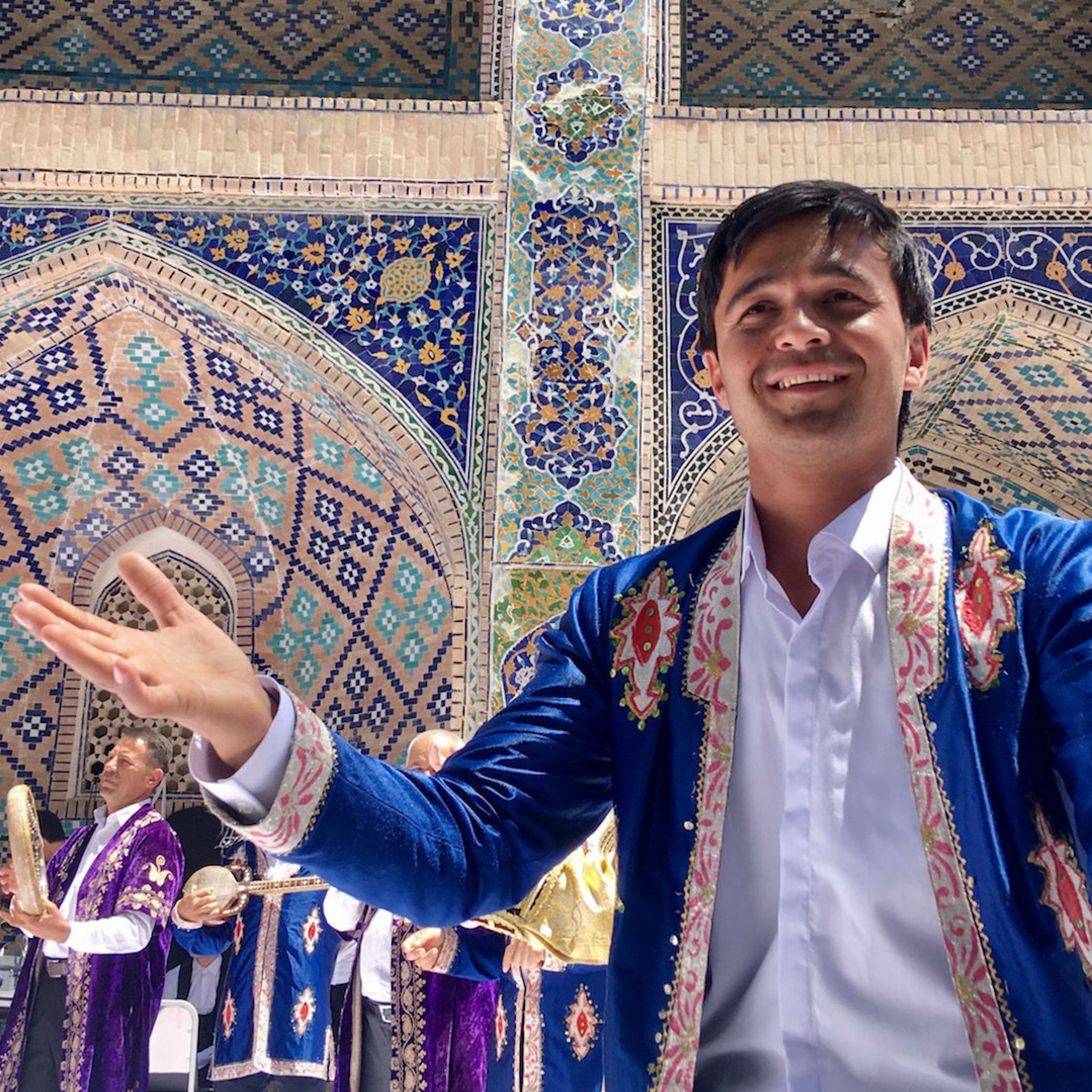- religion
- SEE MORE
- classical
- general
- talk
- News
- Family
- Bürgerfunk
- pop
- Islam
- soul
- jazz
- Comedy
- humor
- wissenschaft
- opera
- baroque
- gesellschaft
- theater
- Local
- alternative
- electro
- rock
- rap
- lifestyle
- Music
- como
- RNE
- ballads
- greek
- Buddhism
- deportes
- christian
- Technology
- piano
- djs
- Dance
- dutch
- flamenco
- social
- hope
- christian rock
- academia
- afrique
- Business
- musique
- ελληνική-μουσική
- World radio
- Zarzuela
- travel
- World
- NFL
- media
- Art
- public
- Sports
- Gospel
- st.
- baptist
- Leisure
- Kids & Family
- musical
- club
- Culture
- Health & Fitness
- True Crime
- Fiction
- children
- Society & Culture
- TV & Film
- gold
- kunst
- música
- gay
- Natural
- a
- francais
- bach
- economics
- kultur
- evangelical
- tech
- Opinion
- Government
- gaming
- College
- technik
- History
- Jesus
- Health
- movies
- radio
- services
- Church
- podcast
- Education
- international
- Transportation
- Other
- kids
- podcasts
- philadelphia
- Noticias
- love
- sport
- Salud
- film
- and
- 4chan
- Disco
- Stories
- fashion
- Arts
- interviews
- hardstyle
- entertainment
- humour
- medieval
- literature
- alma
- Cultura
- video
- TV
- Science
- en
Uzbekistan: The Country of a Hundred Shrines

b'
Uzbekistan - the most populous country in Central Asia is, is sometimes called the country of a hundred shrines or the \\u201csecond Mecca\\u201d. It is home to hundreds of well-preserved mosques, madrasas, bazaars and mausoleums, dating largely from the 9th to the 17th centuries, almost untarnished by the time.\\n \\nIn fact, many shrines find their roots in pre-Islamic and pagan times.
The strict Soviet anti-religion stance couldn\\u2019t stop believers from paying respect their holy sites of pilgrimage. Neither could the Muslim Ulema who say that visiting shrines may contradict Islamic teachings.\\n \\nLocked for most of the past 150 years under the Russian rule, it emerged as an independent nation in 1991 \\u2013 only to slide into a totalitarian state with restricted religious freedoms. Poverty, the loss of identity and the closeness to volatile neighbours such as Afghanistan and Tajikistan have contributed to the spread of radicalisation. Hundreds of Uzbeks fight alongside militants in Pakistan, Afghanistan and the Mideast.\\n \\nIn the last couple of years several radicalised Uzbeks committed terror attacks in the USA, Europe and Russia prompting the fears that the many young Uzbeks might be joining militant Islamist groups. Now the new Uzbek government is ready to restore and open all shrines to public in a bid to boost tourism and most importantly \\u2013 to fight the growing radicalism among young Uzbeks.
Rustam Qobil travels to the ancient cities of Bukhara and Samarkand in his native Uzbekistan to find out if the increased interest to shrines can indeed stop radicalism.
Presenter: Rustam Qobil\\nProducer: Natalia Golysheva
Photo Credit: Festival of Silk and Spices, Bukhara \\nNatalia Golysheva/ BBC
'